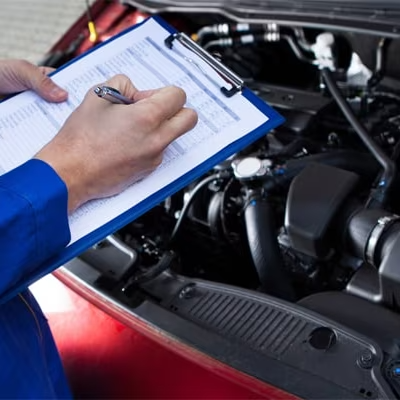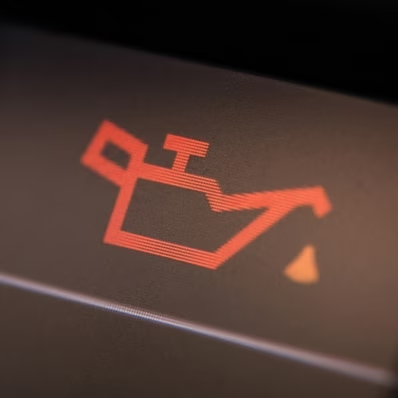Oil Change Service

Expert Service Options
Expert technicians and advisors are ready to keep your vehicle in top running condition.

Service Specials
We're proud to offer our current selection of service specials, available to you now!
Oil Change Service at Davidson Nissan: Bring Yourself Peace of Mind
Monitoring your vehicle's oil is essential for maintaining the health of your engine. Here's how to tell if your oil needs to be serviced:
- Check the Oil Level: Park your vehicle on a level surface and turn off the engine. Wait a few minutes to allow the oil to settle. Pull out the dipstick, wipe it clean, reinsert it, and then pull it out again to check the oil level. If the level is below the minimum mark, you need to add oil.
- Check the Oil Color: Fresh engine oil is usually amber or light brown in color. As it gets used, it darkens. If the oil on the dipstick appears extremely dark, almost black, it might be time for an oil change.
- Check the Oil Consistency: Rub a small amount of oil between your fingers. New oil should feel smooth. If it feels gritty or contains debris, it might be contaminated and need changing.
- Oil Change Interval: Refer to your vehicle's owner's manual for recommended oil change intervals. Modern vehicles often have oil life monitoring systems that provide a more accurate indication of when to change the oil based on driving conditions and mileage.
- Engine Noise: If your engine becomes noticeably louder or starts making unusual knocking or ticking sounds, it could be a sign of low or degraded oil. Proper lubrication is vital to minimize friction and noise.
- Decreased Performance: If your vehicle's performance has declined, such as reduced acceleration or decreased fuel efficiency, it could be due to old or dirty oil affecting the engine's efficiency.
- Warning Lights: Some vehicles have warning lights on the dashboard that indicate low oil pressure. If this light comes on, it's a critical sign that you need to check your oil level and quality immediately.
- Burning Smell: If you detect a burnt oil smell while driving or when the engine is idling, it might indicate that the oil is breaking down and not performing effectively.
- Oil Change Reminder: Some vehicles have a maintenance reminder system that displays a message on the dashboard when it's time for an oil change. Pay attention to these reminders and follow the recommended maintenance schedule.
- Excessive Oil Consumption: If you find yourself needing to add oil frequently between oil changes, it could be a sign of a leak, burning oil, or other engine issues.
It's generally recommended to change your engine oil every 3,000 to 5,000 miles or every 3 to 6 months, depending on driving conditions, vehicle age, and the type of oil used. However, modern synthetic oils often have longer intervals. Always follow the manufacturer's recommendations for your specific vehicle.
Regular oil changes are vital for maintaining engine performance, maximizing fuel efficiency, and prolonging the life of your engine. If you're unsure about the condition of your oil or when to change it, consult your vehicle's owner's manual or seek advice from the professionals at Davidson Nissan.
Oil Types
Different vehicles and driving styles require different types and grades of oil. We have many types of oil available to suit various driving styles, including a high mileage option. Our available oil types include conventional, high mileage, synthetic blend oil, and full synthetic.


Multi Point Inspection
While our team performs our oil change service, they also scour your vehicle for any additional service requirements. Checking everything from fluid levels to your serpentine belt, our service technicians ensure your vehicle leaves our shop in optimal condition and alerts you to any upcoming service requirements your vehicle may need.
Why Change Your Oil Regularly?
While synthetic oils typically last longer than conventional oil, both oil types require consistent and regularly scheduled changes to ensure your vehicle remains in optimal condition. Regularly changed oil is both a preventative insurance against engine deterioration, and a crucial maintenance task to ensure your vehicle remains running smoothly and safely throughout its lifespan.


